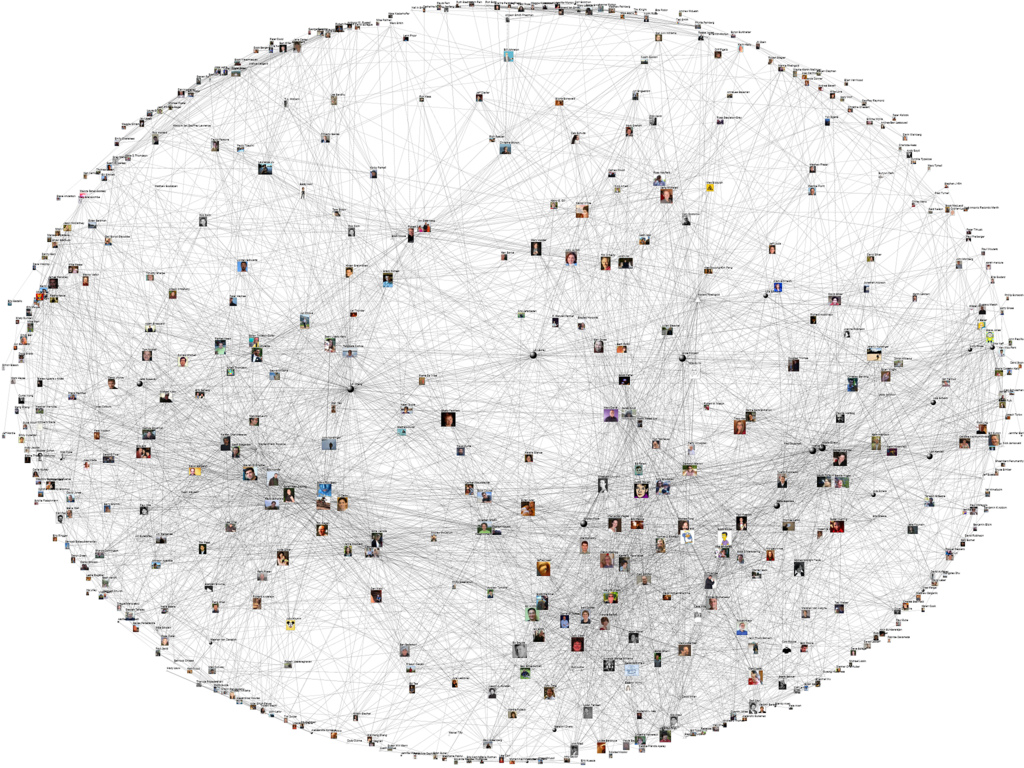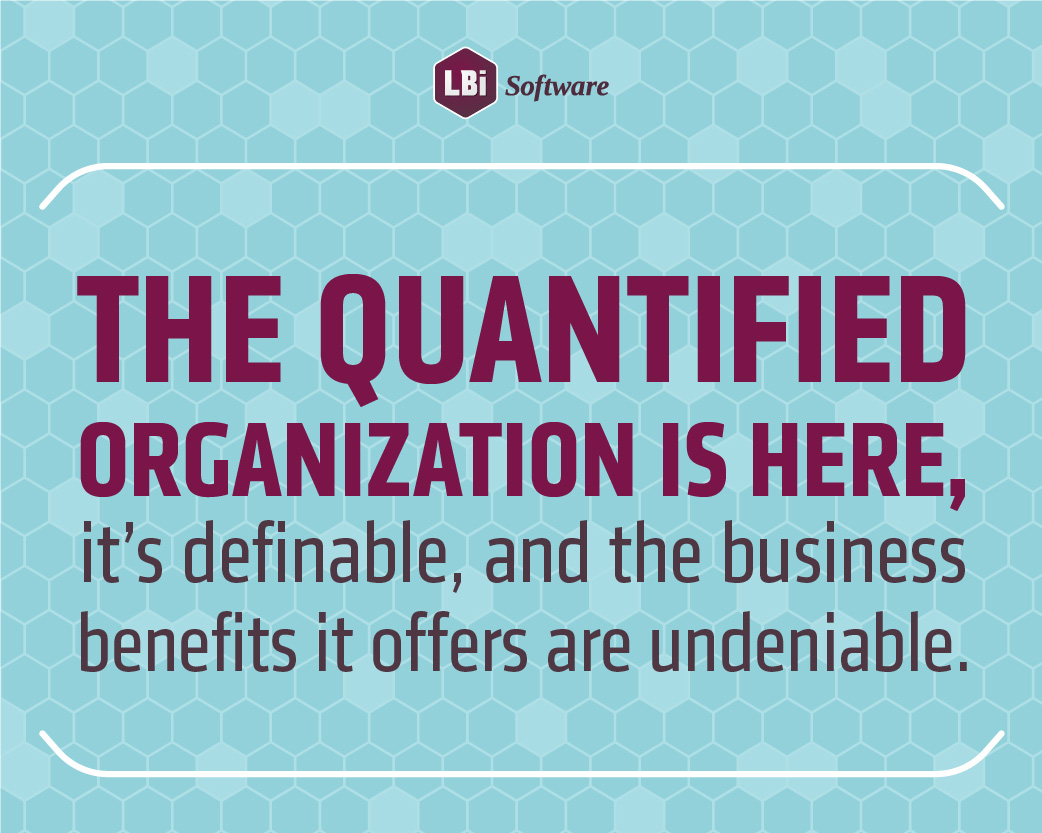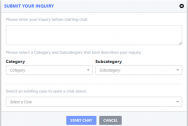How Big Data is Transforming Human Resources
Advances in technology have transformed the role of human resources (HR) professionals over the past 50 years. Today’s HR specialists are expected to take on strategic planning that adds value to the company’s bottom line — a big change from HR’s early days of basic data entry.
In the very near future, the role of HR will shift again. While strategic planning will remain at the forefront of HR responsibilities, rapid changes in technology are revolutionizing the way strategic decisions are made.
Linking Data Analysis to Strategic Planning
In a global survey of C-level executives, researchers at KPMG determined 82 percent of organizations plan to increase their use of data analysis to make human-capital-related strategic decisions over the next two or three years. Evidence-based HR will be standard practice, and HR professionals without the skills needed to analyze big data and apply findings to strategic planning will find themselves left behind.
Referred to by some as the “datafication of HR,” trends show that innovative HR leaders are turning their focus inward, studying available business data rather than spending time benchmarking the competition. Executive expectations are changing, and as the use of data becomes standard practice, business leaders require a clear link between HR recommendations and bottom-line business results. It is no longer enough to reactively solve personnel problems such as turnover. In tomorrow’s business environment, HR professionals will be required to use data analysis to make direct contributions to business outcomes.
Using Evidence-Based HR to Improve Business Outcomes
Some companies have already seen improvements to their bottom line through evidence-based HR methods. In fact, 62 percent of KPMG survey respondents have already used big data to link management strategies to organizational goals in some way.
For example, the Royal Bank of Canada studied the correlation between employee engagement and branch performance. Through intensive data analysis, HR analysts discovered an important link. The more confident employees were in the company’s value proposition, the better that branch performed. Strategic plans focused on building an understanding of the value proposition among all employees, resulting in stronger company-wide performance.
In another case, McDonald’s used big data to determine that restaurants with at least one employee over the age of 60 outperformed other locations. HR used this information to tweak staffing plans, boosting profits across the organization.
Obstacles for Today’s HR Professionals
Unfortunately, a smooth transition into evidence-based strategic planning won’t be possible for many of today’s HR professionals. Data analysis has been the exclusive domain of HR analytics teams and those working in other capacities have simply lacked the required skills, leaving them at a deficit when it comes to creating evidence-based programs to improve business performance through people.
Most HR departments are not yet encouraging staff members to seek out data analysis training, which leaves forward-thinking HR professionals in the position of seeking supplementary development opportunities on their own. When formal education is out of reach, some innovators are taking advantage of the many low- or no-cost resources offered through online education providers. For example, Harvard University offers a selection of no-credit classes through its e-learning platform.
Business as usual won’t be enough for tomorrow’s HR leaders. True strategic planning will require comprehensive data analysis skills. Smart HR professionals are gaining the needed training now — so they can lead the way in tomorrow’s evidence-based strategic planning environment.








